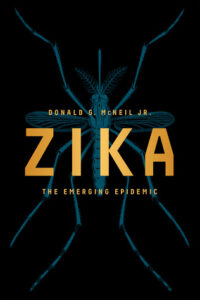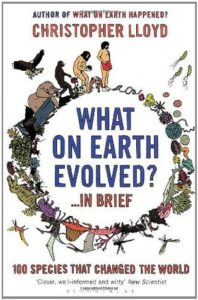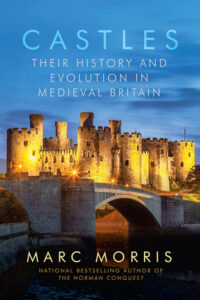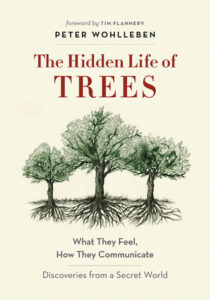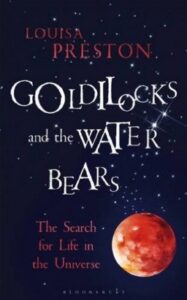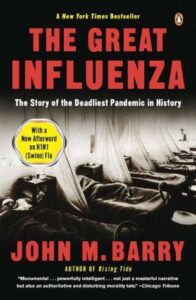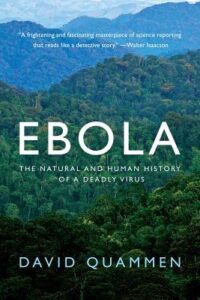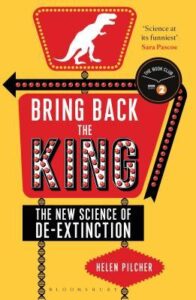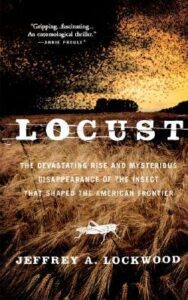 Locust: The Devastating Rise and Mysterious Disappearance of The Insect That Shaped the American Frontier, Jeffrey A. Lockwood
Locust: The Devastating Rise and Mysterious Disappearance of The Insect That Shaped the American Frontier, Jeffrey A. Lockwood
Well, that title is a heck of a mouthful. I picked this as the next target for operation “be less scared of bugs by learning about them”, since locusts are not likely to be a problem where I am, but they’re just freaky enough (particularly in some of the accounts of locusts blotting out the sky) to make me a little bit uncomfortable. Less safe than bees, but further away.
In any case, Locust is a mostly interesting discussion of locusts and their impact on the North American frontier. People starved thanks to locusts, and the damage they caused is almost beyond imagining now — because they disappeared. The book follows the people who tried to predict locust movements, who tried to fight them, and who tried to find them again after their disappearance to solve the mystery of why. It gets a little long-winded at times, particularly where it goes into biographical details about people I frankly can’t be bothered to retain information about (important as I’m sure they were in their own lives), but there is a lot of interesting information as well.

